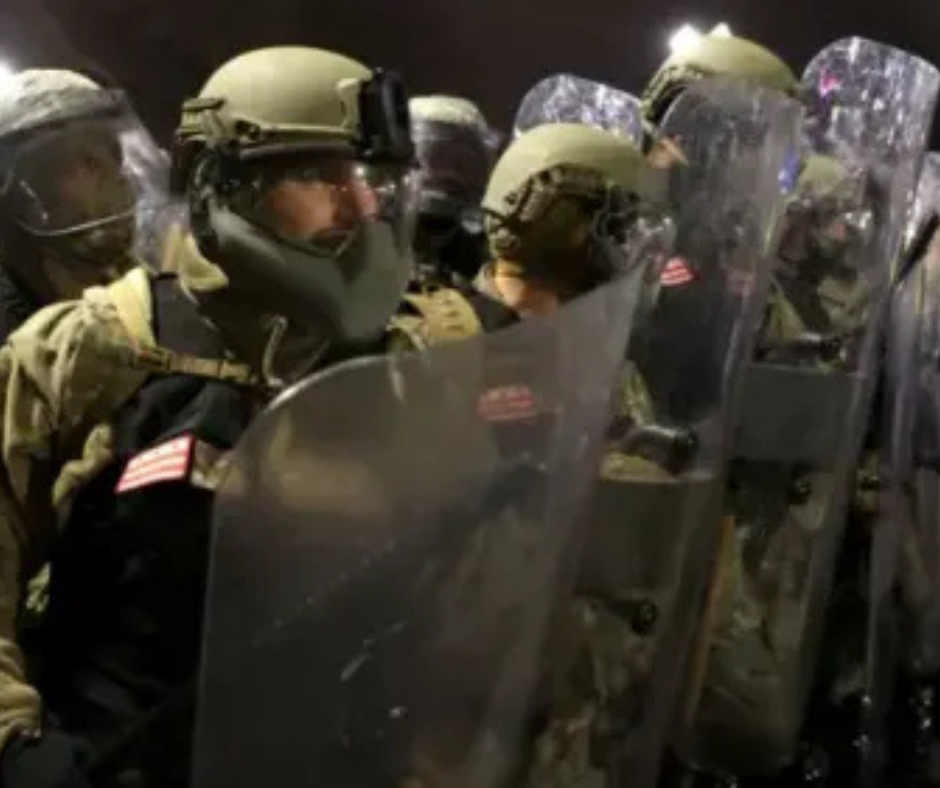
Washington D.C. woke up to an unusual sight this week — hundreds of National Guard troops stationed across parts of the city. President Donald Trump has ordered the deployment of around 800 troops, saying the move is necessary to tackle what he calls “rising lawlessness” in the nation’s capital.
The decision, however, comes at a time when official statistics show crime rates in D.C. are at their lowest in three decades. This has led many critics, including local officials and political analysts, to question the real motivation behind the move. Some argue it’s a necessary step for public safety, while others see it as an expansion of federal authority into local governance.
Mayor Muriel Bowser expressed concerns over the deployment, pointing out that the city’s police are already managing crime effectively. Civil rights groups have also raised alarms, saying that visible military presence in peaceful urban areas could unsettle residents and set a worrying precedent.
Supporters of the move say that the National Guard’s role will be limited to assisting local law enforcement, providing logistical support, and ensuring preparedness for potential unrest. The White House insists this is a precautionary measure, not a sign of emergency.
This development adds another layer to the ongoing debate about the balance between federal and local power, particularly in the politically charged atmosphere of Washington D.C. As the troops settle into their positions, residents and observers alike are watching closely to see how long they will remain — and whether this move signals a shift in how the federal government engages with the capital’s day-to-day affairs.

